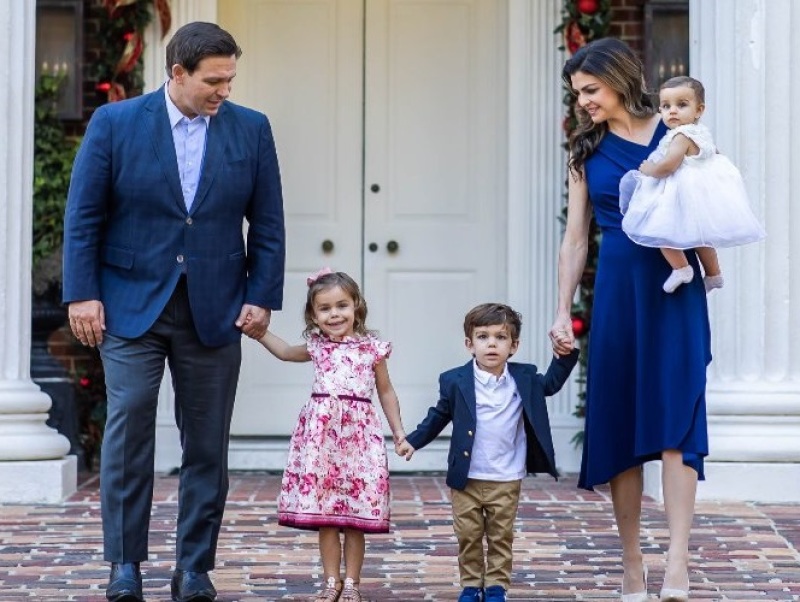
Florida Governor Ron DeSantis recently signed a bill giving students a "moment of silence" to pray before each class, allowing them to exercise religious freedom.
According to the state's website, DeSantis signed House Bill 529 or the "Moments Of Silence In Public Schools Act" in a gathering at the Shul of Bal Harbour with the Florida Legislature and the Jewish community leaders.
"Every family in our state should be able to send their children to school and know that they will be protected from harm and be able to practice their faith," DeSantis said to the assembly.
HB 529, introduced by Representative Randy Fine this January, instructs principals to require teachers to set aside a time for some moments of silence for the students to pray in whatever form they know how. It also engages parents to participate in the undertaking by guiding children at home on how best to use the said time of silence for prayer, as well as, provide the opportunity to identify if their children suffer some mental illness or are undergoing tough challenges they can help with.
"The Legislature finds that in today's hectic society too few persons are able to experience even a moment of quiet reflecting before plunging headlong into the activities of daily life," the bill's literature pointed out.
"Young persons are particularly affected by the absence of an opportunity for a moment of quiet reflection," it stressed. "The Legislature finds that our youth, and society as a whole, would be well served if students in the public schools were afforded a moment of silence at the beginning of each school day."
Though the bill permits the study of the Bible and religion, it prohibits "teachers from making suggestions as to the nature of any reflection that a student may engage in during the moment of silence. It specifies that the moment of silence be done at the first period class of students and should last for at least one minute but not more than two minutes daily.
The bill encourages the students to freely practice their faith as it protects them from the interference of other students and their actual participation in the period set aside for silent prayer every morning. To take effect on July 1, the bill passed the House of Representatives last March 18 with a 94-24 vote and the Senate last April 22 with a 32-6 vote.
Florida Speaker of the House of Representatives Chris Sprowls expressed in Twitter the signing of the bill and pointed out its importance in empowering the youth as well.
"Today @GovRonDeSantis signed @VoteRandyFine bill to ensure schools set time for a moment of silence. I find great solace in prayer & while others may disagree with my choice it is a decision that is too often robbed from today's youth. Now we empower students to make that choice," Sprowls said on Tuesday.
Commissioner of Education Richard Corcoran echoed Sprowls and said empowerment even extends to the student's family as well, especially in line with the issue of mental health that impacts the youth, their families, and their schools.
"HB 529 empowers families to begin those ongoing conversations with their child on what they might reflect on during the moment of silence, and help them use this time as an opportunity to prepare for the upcoming day," Corcoran raised.
Fine, on the other hand, pointed out the "big impact" these small moments of silence in a child's daily life have in assisting them finding their purpose and direction in life. Fine hopes that through the daily moments of silence each child will "become emotionally centered" such that they will find their higher purpose in life.
DeSantis also signed House Bill 805 alongside HB 509 in support of the Jewish community and provides them volunteer ambulance services to operate called the Hatzalah.
The Christian Post reported that HB 509 only expands a current law implemented in Florida schools that was designed to merely "encourage" them to have "silent prayer" for students. The Christian Post also revealed that not everyone was pleased with the signing of the bill such as the Devon Graham of American Atheists who found it as a "backdoor" of mandating prayer in the classroom.




























